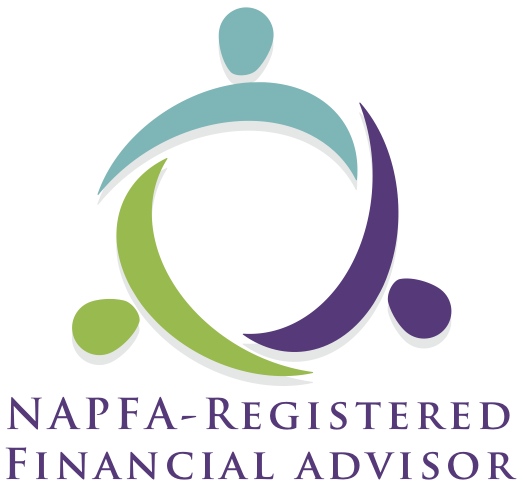Active vs. Passive Investing – Game On
Submitted by Chacko-Hertz Financial Solutions LLC on April 27th, 2015Unquestionably there is an excitement that emanates from the world of stock picking, where fortunes are won and lost on trading floor arenas, and stock sleuths frantically search for the next Apple or Google. A billion-dollar industry has grown up around the allure of stock-picking as 24/7 cable channels and guru newsletters offer their hot tips of the week to investors who cling to their every word.
Professional money managers, the best of the best, are paid millions each year to apply their expert stock picking skills to beat the market identifying, analyzing and selecting the next winners from the wide universe of securities. The expectation of most investors is that the manager will outperform the index to which it is benchmarked. The hope of most investors is that their funds will do so consistently over a number of years.
So, are they meeting expectations? Not so much. In a recent study by Standard and Poor’s, less than 25 percent of the fund managers outperformed the indexes in any given year between March 2010 and March 2014. Of the managers who did outperform the market, only a few did so with any significant edge. Of greater consequence to investors, over the five year period, less than one percent of the managers were able to return to the top quartile of funds for five consecutive years.
What this means, is that in that period of time, if you had simply invested in an S&P 500 index fund, which required no active portfolio management (so, you wouldn’t have paid the 2 percent investment management fee), you would have earned a better return than more than half of the portfolio managers.
To make matters worse for stock-pickers, every year there are dozens of contests that pit expert stock-pickers against dart throwers. Burton Malkiel, the author of “A Random Walk Down Wall Street”, felt that the market is random, which makes it nearly impossible to consistently beat it. Malkiel insisted that “a blindfolded monkey throwing darts at the financial pages could select a portfolio that would do just as well as one carefully selected by experts.” Thus, the annual Wall Street Journal Dartboard Contest was born.
One hundred contests later, the Journal presented the results. Out of 100 contests, the experts won 61, but lost 39. That is certainly much better than the 50 percent that would be expected in an efficient market. However, the experts were only able to beat the Dow Jones Industrial Average (DJIA) in 51 contests. Again, a passive investor, who simply bought the 30 stocks of the DJIA and held them, would have beaten the experts half the time. If transaction costs and taxes were calculated, it’s likely that the passive investor would have emerged as the winner.
While the dart-throwing contests are, by no means, a scientific finality, they do correlate somewhat with the actual data that compares active portfolio management with passive index investing. The actual data reveals that investors who pick stocks, or invest with managers who pick stocks, stand no better chance of consistently outperforming the market than investors who, with less risk and fewer costs, invest directly in the index.





